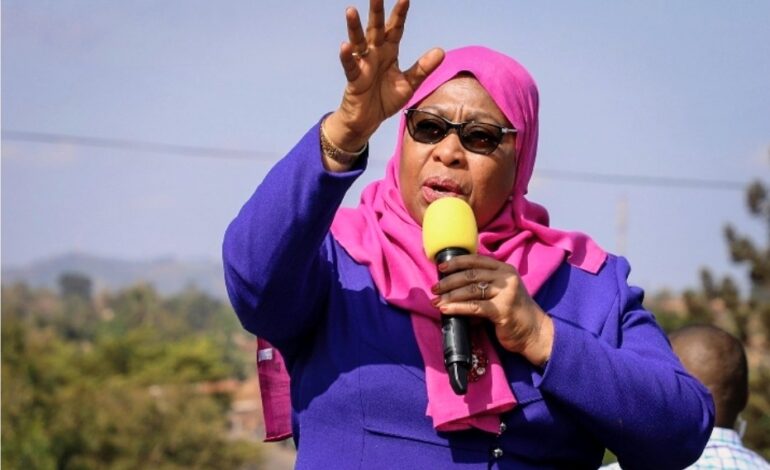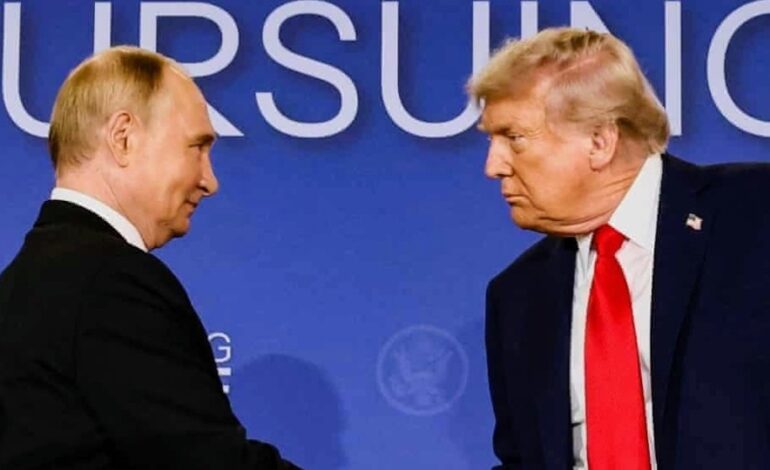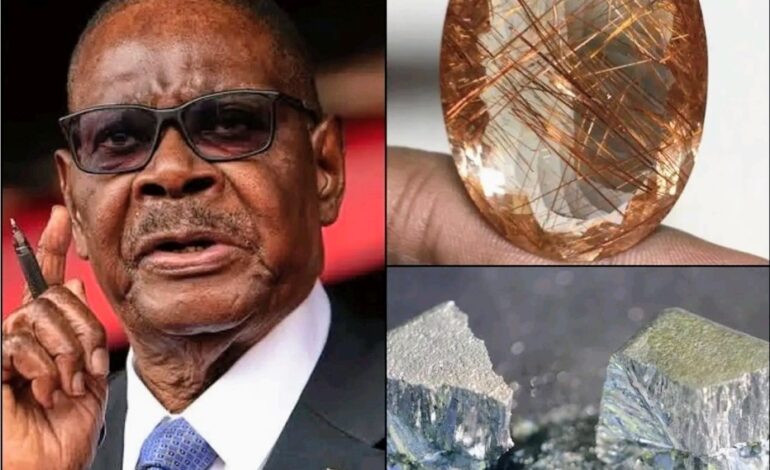
Wayne Lumbasi
Malawi has announced a ban on the export of raw minerals in a major policy shift aimed at ensuring that more of the country’s natural wealth benefits its people. The government says all minerals extracted in Malawi must now be processed locally before export, signaling a new era for its mining industry.
President Peter Mutharika declared that the time for exporting unprocessed resources was over, saying Malawi must start adding value to its minerals instead of sending them abroad in raw form.
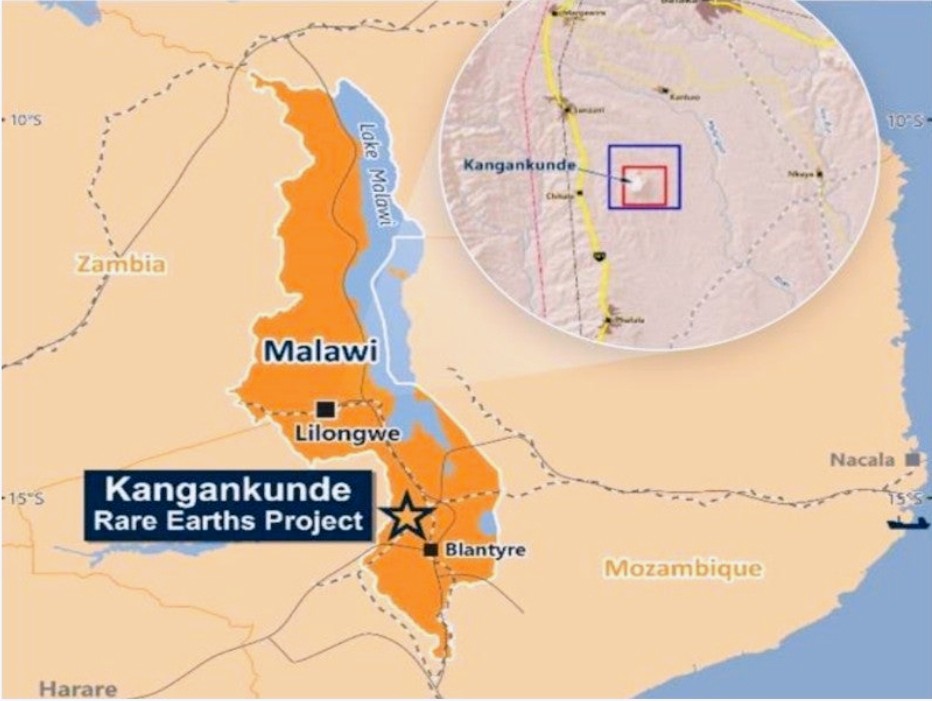
The move targets a long standing challenge where the country has earned little from its rich deposits of rutile, rare earths, uranium, and graphite.
According to government projections, if key mining projects such as the Kasiya rutile mine in Lilongwe and the Kangankunde rare earth site in Balaka are fully developed and processed locally, Malawi could earn up to $500 million a year. Officials believe the new approach will create jobs, attract investment, and help develop a stronger industrial base.
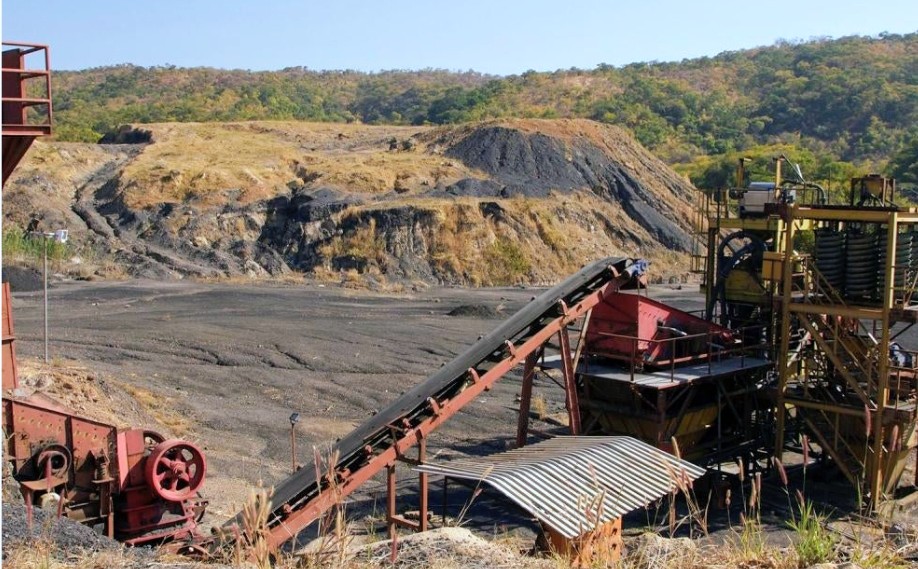
The ban follows a series of reforms in the mining sector. Earlier this year, the Ministry of Mining suspended exports of gemstones and precious minerals to tighten regulation and curb illegal trade. The Mines and Minerals Bill gives the government the authority to enforce the new policy and ensure that mineral exports meet proper value addition standards.
However, experts warn that the plan will face challenges. Setting up local processing facilities requires major investment, stable electricity, and skilled labor. Some investors may also hesitate due to the sudden policy change.
Despite the hurdles, the government insists that the long term benefits outweigh the short term difficulties. By retaining more value from its minerals, Malawi aims to strengthen its economy, build local capacity, and reduce dependence on foreign markets.
If implemented effectively, this bold step could transform Malawi from a raw material exporter into a key player in Africa’s growing mineral processing industry.
RELATED
BURKINA FASO COMPLETES TRANSFER OF FIVE GOLD MINES TO STATE-OWNED FIRM, DEEPENS RESOURCE CONTROL
MALI, NIGER AND BURKINA FASO TO FUND NEW INVESTMENT BANK WITH TAX REVENUE
DANGOTE REFINERY SET TO TRANSFORM NIGERIA’S FUEL DISTRIBUTION






